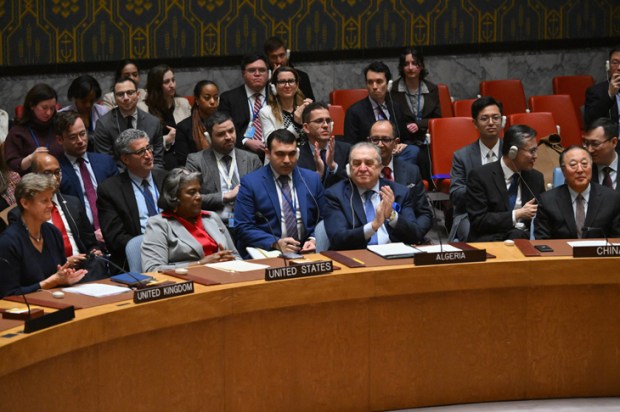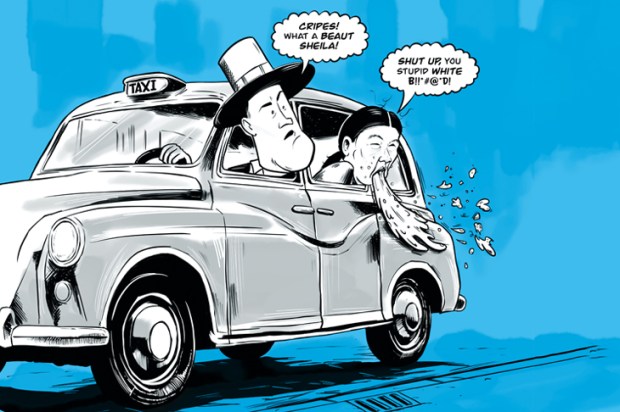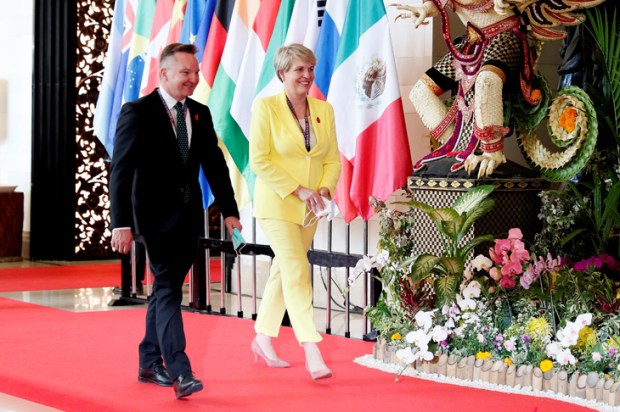The major problem facing the Labor party today is one of logistics: how do you get rid of a floundering leader when the person most adept and experienced at stabbing leaders in the back is himself now the one in need of knifing? Add in the not inconsiderable hurdles former Prime Minister Kevin Rudd rammed through caucus to shore up his leadership during what he imagined would be his third tenure in the office, and most argue that Bill Shorten has reason to feel comfortably secure.
However, this is modern Labor of whom we speak; an organisation whose instinct for electoral survival is second to none. The 2013 leadership rules have served their purpose well, giving Mr Shorten a certain legitimacy and breathing space. Yet doubtlessly within the machiavellian minds of Sussex street numerous ‘out’ clauses are already being agonised over. Indeed, with questions hovering over the role of a mysterious Auburn councilor and some re-addressed envelopes, the entire Rudd ballot process (and indeed Mr Shorten’s election) is already looking decidedly dubious.
Mr Shorten, meanwhile, is clearly struggling. An extraordinary segment on Channel Ten’s Eyewitness News recently saw the opposition leader waving his hands in some bizarre music hall style as he attempted to perform his ‘zinger’ of the day: ‘The budget’s coming up again, (starts waving his hands) and we want to tell the government not to… (waves hands) we want to tell the government just… hand’s… (waves hands)… um, don’t…(waves hands) ah… (looks desperately at Jenny Macklin) don’t… don’t pocket your pension.’ ‘Mmm’ replies an underwhelmed Jenny Macklin, turning her back on Mr Shorten’s impromptu Al Jolson impression. Such optics would spell death for Tony Abbott (one misplaced wink fed twitter and the news cycle for weeks), but thus far Mr Shorten carries on unscathed. His troubles, however, are mounting. What with his two ‘Martin’ moments (the fictitious Martin Luther King quote and his rabbit-in-the-headlights response to calls to expel Martin Ferguson), followed by his bizarre pronouncements that we are ‘transitioning to a non-mining economy’ (news to most miners), his xenophobic comments about Japanese and Chinese investment, his hapless response to WA’s GST woes and his lacklustre Question Time performances and it’s no surprise he is tumbling in the polls.
With Mr Abbott having faced the ignominy of a spill motion in his first 18 months, as far as most are concerned the 2016 election is Labor’s to lose.Yet Beltway gossip has it that the offices of Tanya Plibersek and Mr Shorten barely speak to each other, as antipathy between the floundering leader and his ambitious rival grows. Throw into the mix a still smarting Anthony Albanese, more convinced than ever that ‘he wuz robbed’, and it is clear that the only thing saving Mr Shorten from meeting the fate he inflicted upon others is Mr Rudd’s set of makeshift rules.
Recognising Noel and Gary
‘A major part of Aboriginal culture rests on “demand sharing” or “humbugging”, which means that, whatever one earns others have a right to,’ wrote Gary Johns in the introduction to last year’s Recognise What? (Connor Court); a series of essays by indigenous and non-indigenous writers questioning the wisdom of the Recognition movement.
Should ‘humbugging’ now find its way into our Constitution? After all, if this is a cultural right practiced by indigenous Australians in the past, why not now? That question goes to the heart of the current Recognition debate; namely, how to separate the symbolism and emotion, including past grievances, from the clear-cut legalities in terms of recognising the modern rights of Aborigines.
Reassuringly, a solution to this schism was proposed last week by none other than revered indigenous leader Noel Pearson. Advocating a new poetic, symbolic Declaration, Mr Pearson now recognizes that this is the only place for the touchy-feely, historical stuff. As he correctly observes, the Constitution should be as dry and unexciting as the dullest legal document, coldly and clearly setting out rights and responsibilities for all Australians regardless of race, creed or cultural background. The Declaration, meanwhile, can offer historical and emotional succour to indigenous cultures and the nation.
We applaud Mr Pearson for this helpful step forward. We also applaud Gary Johns, not only for his own contributions to the debate but also, coincidentally, for his new monthly role as a Speccie columnist.
Got something to add? Join the discussion and comment below.
Get 10 issues for just $10
Subscribe to The Spectator Australia today for the next 10 magazine issues, plus full online access, for just $10.
You might disagree with half of it, but you’ll enjoy reading all of it. Try your first month for free, then just $2 a week for the remainder of your first year.














Comments
Don't miss out
Join the conversation with other Spectator Australia readers. Subscribe to leave a comment.
SUBSCRIBEAlready a subscriber? Log in